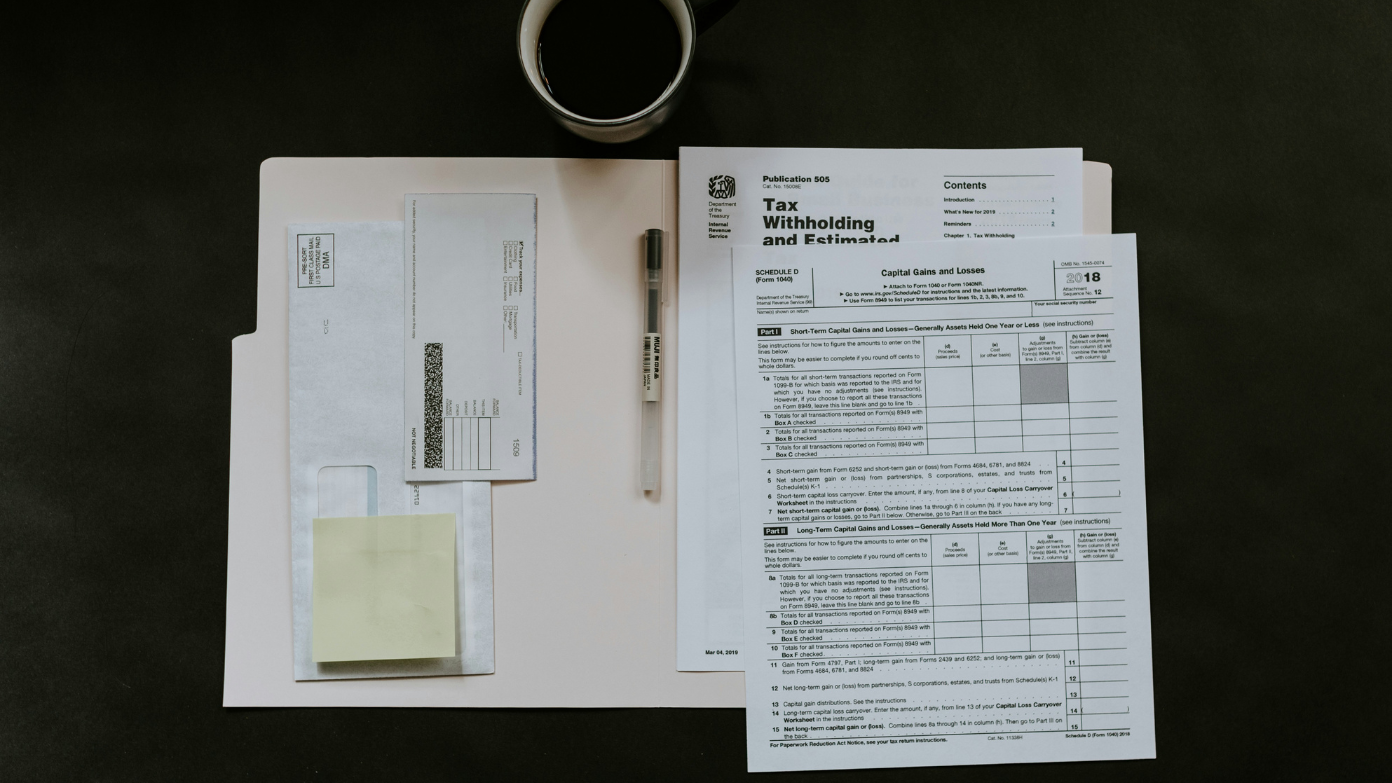Tax audits are stressful occurrences that few taxpayers would invite. When the taxpayer is already being audited by the IRS, you might wonder whether the payment of the disputed amount would be enough to end the audit and allow you to move on. The response is not quite so straight forward, however. Payment and the audit process are related in more ways than they initially appear.
Understanding IRS audits and payment timing
Simply paying the amount in dispute under audit does not halt the audit. The IRS audit is really a check on the accuracy of your tax return, and paying does not complete the back-end verification process the IRS must undertake. When the IRS audits, they’re attempting to verify information, review paperwork, and confirm compliance with tax regulations – goals that are not necessarily met by paying.
When you are being audited, the IRS checks some items on your tax return that they think have inaccuracies or need verification. The audit isn’t meant to seize in controversy but to verify the accuracy of your tax reporting.
What happens if you pay during an audit
If you choose to pay the amount in question during the audit process, the IRS will usually proceed and carry out the examination. Your payment will be credited against your account, but the audit will probably continue until the IRS makes its determination.
It should be noted that payment of the amount prior to the audit completion could possibly be interpreted as an admission of the validity of the IRS’s argument. This could complicate challenging the result later, though it does not preclude your ability to appeal or request reconsideration.
Your options after paying disputed amounts
If you have already paid in full the amount you owe, your right to petition for an audit reconsideration is forfeited. You will instead need to file a valid claim for refund on IRS Form 1040X, Amended U.S. Individual Income Tax Return.
Paying prior to the end of an audit can make your appeal process more difficult. The IRS Office of Appeals will resolve taxpayer-auditor disputes, but your approach to the process might have to be revised if you’ve already paid.
Better strategies for handling an audit
Instead of trying to avoid an audit by paying, utilize these better strategies:
- Engage actively in the audit process: Making requested documents available on time and being a cooperative auditor can prevent a biased audit. Disregarding notice of audit normally has negative implications and may impose further penalties.
- Consider professional representation: Professional tax representatives can represent you during an audit, guide the process, file documents in the correct way, and successfully respond to objections from the auditor.
- Know your appeal rights: If you do not agree with the results of the audit, you can appeal within 30 days from the date of the IRS determination letter. You can be heard by an impartial appeals officer who can change, lower, or even cancel the results of the audit.
Explore alternative dispute resolution
The IRS also provides Alternative Dispute Resolution (ADR) programs such as Fast Track Settlement that can settle audit disputes more quickly than standard appeals. These programs have only recently been extended to include issue-by-issue resolution.
You can’t buy out an audit currently in progress. The audit process must ultimately end regardless of payment. In the event you already have gone through an audit and were levied additional tax and it isn’t paid, there is possible consideration for an audit reconsideration when you introduce new information which had not before been considered. However, when payment has already been made, then your appeal recourse is one of filing for a claim of refund.
Read more: What interest rates do the IRS charge on underpayments and overpayments – new rates set by the IRS

